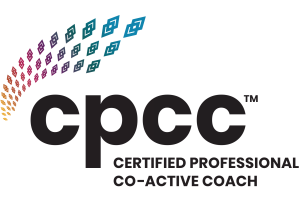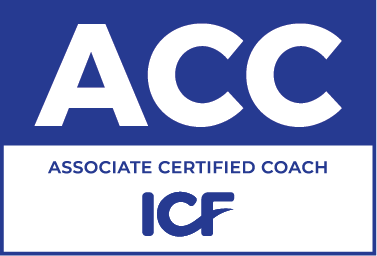Sometimes We Are Our Own Worst Enemy

Have you been having strange dreams lately? Since Covid 19 struck it appears that the stress of lockdown and the fact that our sleep patterns have been disrupted has led to many people reporting bizarre dreams and nightmares. But some experts have argued that even when we are awake the pandemic is causing us to be anxious and fragile as a result of feeling that we are losing control over our lives and our futures. Such heightened emotional reactions are fertile grounds for negative thoughts.
For some of us negative thoughts are present regardless of the pandemic. For example, how often do past forgotten experiences suddenly pop into our head for no apparent reason?
How often do we let our day to day lives be affected by those thoughts?
How often does self confidence plummet when suddenly we remember a remark made by someone from our past?
Why do we let our thoughts and imagination act to sabotage any good intentions? Sometimes we are our own worst enemy.
Marion
Let me share an example from my own experience. My PhD thesis which I completed some years back, was an oral history study of women who were born in the Rhondda, south Wales, my place of birth. I interviewed the women, who were then in their late seventies and eighties about their lives as young women, coming of age in the middle of the twentieth century. One aspect of my study focussed on their education. One of the women Marion, described how teachers dismissed her as ‘not very bright’, a label she found difficult to ignore even in adulthood. Marion was particularly wounded by what one teacher had written about her:
Everyone had an autograph book and you took it to school for the teacher and I can always remember what she wrote in mine. Sometimes I think she did influence me. “Be good sweet maid and let those who will be clever do things, not dream them all the day”.
The use of autograph books was a common feature in schools up until the 1950s. The phrase came from a Charles Kingsley poem, a guide to life, commonly written in children’s autograph books at the time. But what Marion recalled was actually incorrect. The correct quote from the poem was: ‘Be good, sweet maid, and let who will be clever, do noble things, not dream them, all day long.’ Marion had mistakenly understood the phrase to include the word those. Although this had not altered the meaning to any great degree, all her adult life, Marion had thought of herself as not being included in ‘those who will be clever’. Such an interpretation affected her self-esteem and confidence.
Limiting beliefs
As a career coach I often work with people who really doubt themselves. Some people suffer this to such an extent that it makes them unhappy and anxious. Whilst the outside world may see that person as capable and talented they can’t see it themselves. Often they attribute any success they achieve to mere luck or good fortune. Such habits of putting yourself down can often sabotage good intentions.
We describe this behaviour as ‘limiting beliefs’, something which Kim Morgan in her book The Coach’s Survival Guide describes as ‘assumptions’ which ‘hold us back from achieving what we want’. In addition, limiting beliefs often limit our self-esteem too. It is common for this to start in childhood. If, for example, you were told often enough that you were lazy or that you didn’t have a natural aptitude for say maths or languages then you may start to believe this. And like Marion you will absorb this opinion about yourself which can last a lifetime.
A new approach
Does this matter? Certainly it does because constant self doubt can be debilitating and can stop you leading the life you want to lead or enjoy the career that gives you real fulfilment. But this doesn’t have to be the case. A fresh approach and perspective can help you to start to chip away at the old beliefs which are not serving you well by undermining you at every stage. And by working to replace these with a new narrative and outlook new possibilities will start to emerge.
If you need help to become more confident in your working life then please contact me : 07595 225291 or chris@christinechapmancareercoach.co.uk




